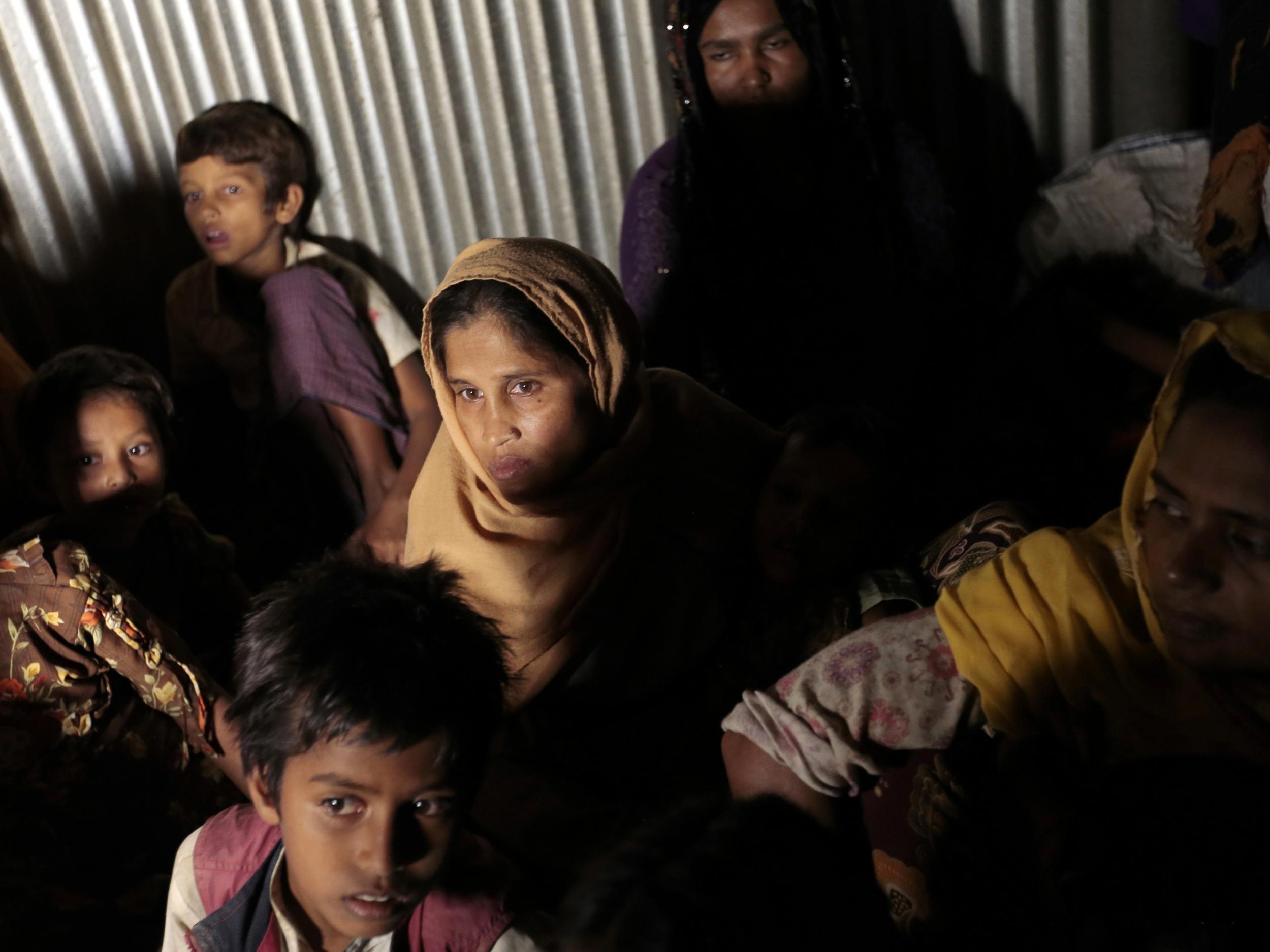Belgium, Greece and the Netherlands criticised for inadequate rape laws
'With hundreds of millions of women and girls affected by this violence, we need a wholesale change in how laws are created,' says Equality Now spokesperson

Your support helps us to tell the story
From reproductive rights to climate change to Big Tech, The Independent is on the ground when the story is developing. Whether it's investigating the financials of Elon Musk's pro-Trump PAC or producing our latest documentary, 'The A Word', which shines a light on the American women fighting for reproductive rights, we know how important it is to parse out the facts from the messaging.
At such a critical moment in US history, we need reporters on the ground. Your donation allows us to keep sending journalists to speak to both sides of the story.
The Independent is trusted by Americans across the entire political spectrum. And unlike many other quality news outlets, we choose not to lock Americans out of our reporting and analysis with paywalls. We believe quality journalism should be available to everyone, paid for by those who can afford it.
Your support makes all the difference.Belgium, Greece and the Netherlands are among a number of countries with legal systems that fail to adequately tackle rape, a new report has said.
The study, by the Equality Now charity, concluded that a “global rape epidemic” is “still ignored in the law by most governments”.
Many countries have laws that allow rapists to escape punishment in certain circumstances.
In Belgium, a rapist who admits their guilt can be exempted from punishment by reaching a “settlement” with their victim.
In 10 of the 82 jurisdictions examined by the report, including China, India and Indonesia, the rape of a women or girl by her husband is completely legal – even when the victim is a child.
Perpetrators escape prosecution if they marry their victim, in nine of the countries.
In four more – Russia, Greece, Serbia and Thailand – a similar outcome is possible but only if the couple are already in a relationship and if the victim is under the age of consent.
Belgium, Luxembourg and the Netherlands are among a number of countries that treat rape as an issue of morality, rather than one of violence.
“Sexual violence will not end unless it is dealt with at every level in society as part of a concerted effort to change not only laws and policies, but also attitudes and behaviors – in public and in private”, said Antonia Kirkland, head of Equality Now’s legal equality programme.
“With hundreds of millions of women and girls affected by this violence, we need a wholesale change in how laws are created, implemented and reported on in order to help transform the way the world values them," she added.
“Only then will women and girls be able to live free from violence and discrimination and able to fulfill their potential.”
More than one in three women worldwide have experienced some form of physical or sexual violence, according to the World Health Organisation. One in 10 girls – the equivalent of 120 million children – have been the victim of rape or “forced sexual acts”.
Attention is too often only given to high-profile rape cases, according to the charity, rather than the millions of crimes that take place “behind closed doors”.
The report, carried out with the help of the International Bar Association and law firm Ashurst, also criticised a number of countries for making it difficult for rape allegations to be investigated.
Some nations, including Pakistan, Panama and Peru, require a medical examiner’s report completed by a specially-trained doctor – something that is often not easily accessible to victims.
Join our commenting forum
Join thought-provoking conversations, follow other Independent readers and see their replies
Comments